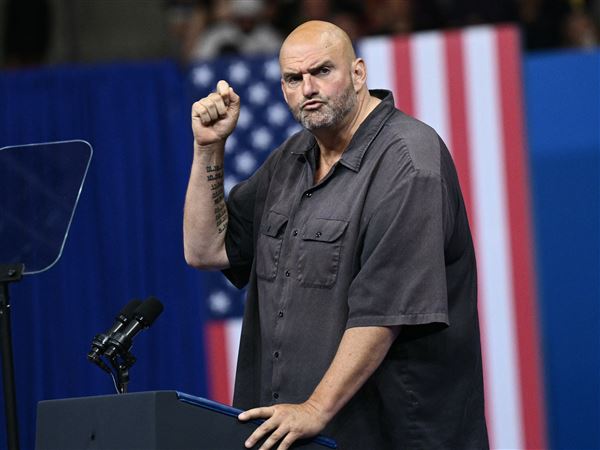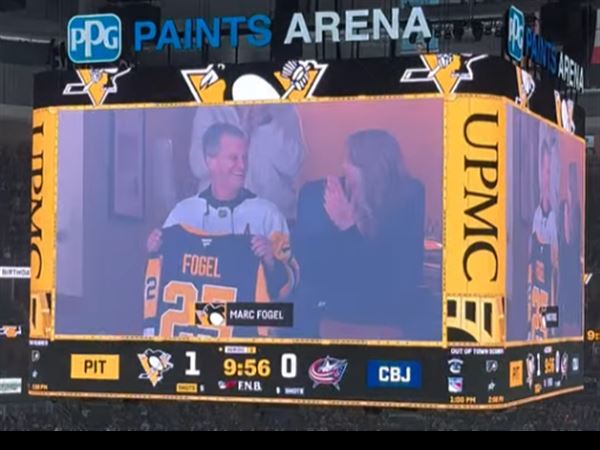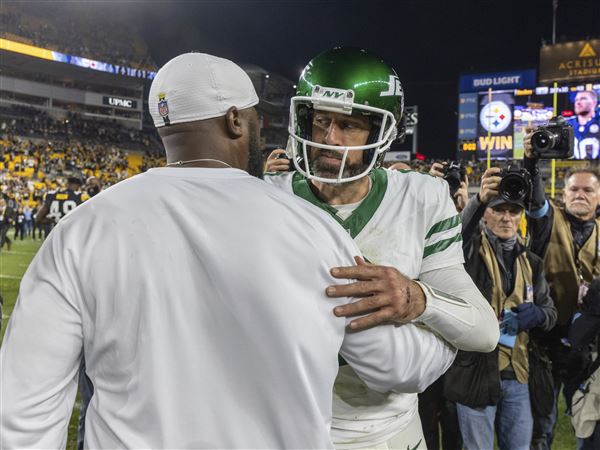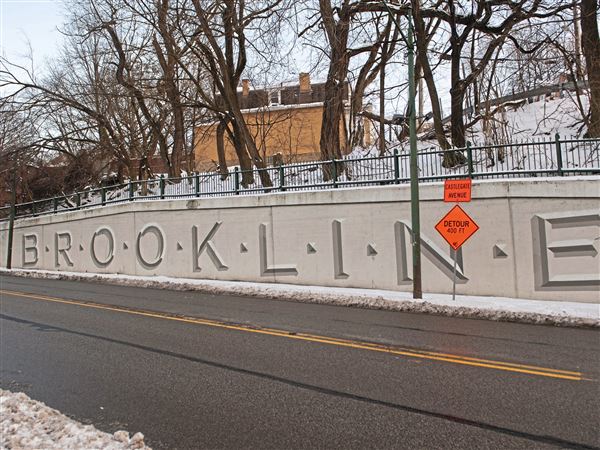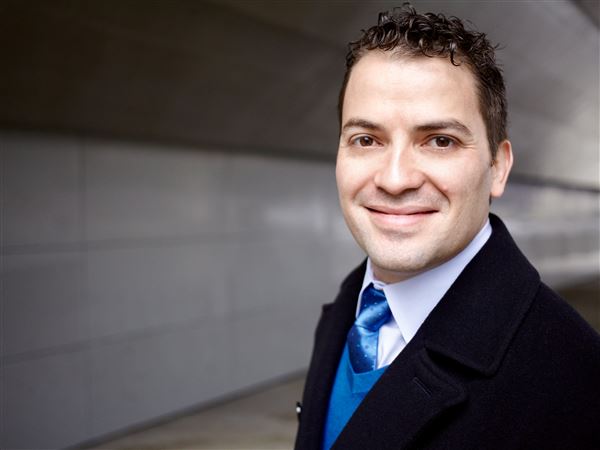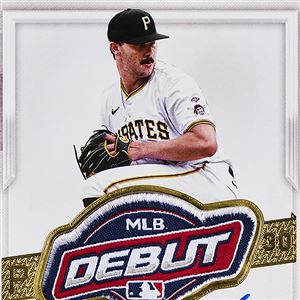Gary Numan landed in the late '70s New Wave scene like an alien with his robotic voice, chilly synthesizers and even colder stare.
No one who saw the punk document "Urgh! A Music War" will forget him riding around in the fog in a remote control chair doing "Down in the Park."
One part Kraftwerk electronic, one part Bowie glam, he helped launch a synth-rock wing of punk/New Wave with "Are Friends Electric?" and "Cars."
With: Big Black Delta, Roman Remains.
Where: Altar Bar, Strip.
When: 7:30 tonight.
Tickets: $25-$30; www.ticketfly.com.
Like a lot of artists in that era, his run was brief with most of his success happening between 1979-80 with the albums "Replicas" (as Gary Numan and the Tubeway Army), "The Pleasure Principle" and "Telekon."
Nonetheless, his impact was enough to make him an enduring icon and influence of that era. Marilyn Manson noted in Artrocker, "He pioneered electronic dance music." Trent Reznor said, "After hearing 'Cars' I knew I wanted to make music with synthesizers." And Prince chimed in with, "There are still people trying to work out what a genius Gary Numan is."
While they were doing that, he never stopped working, experimenting with styles in the '80s ranging from funk to jazz fusion before settling back into a darker, industrial mode that persists on "Splinter (Songs From a Broken Mind)," his 20th album, released in October.
He brings that tour to Altar Bar tonight. In advance, the media-shy Numan, 56, agreed to an email interview from the SXSW music festival.
British rock was heavy on guitars in the late '70s. What drove you to the more electronic sound?
I stumbled across a synth by accident. I had gone into a studio to record my debut album, which was meant to be a punk rock guitar-based album. In the control room was a synth, a MiniMoog, and I was fascinated by it. Luckily they let me use it, although I hadn't rented it, and I thought it was the most amazing thing I'd ever heard. I hastily adapted my punk songs to electro-punk songs and took that back to the record company. They were not happy, it wasn't what they signed me for, but they released it just the same. A few months later we had a No. 1 single and album so it all came good very quickly.
How carefully crafted was your image/presentation, and how much was happenstance?
About 50/50 I would say. I realized that the synth was not a visual instrument and needed something more to present it in a way that would create interest. The songs were mostly taken from short stories I had been writing. So I created an image that was based on one of the characters. But, that was mixed with watching what worked and what people were picking up on and developing it as I went along.
Do you regret pulling away from touring so early?
No, that was a very sensible thing to do. It gave me a year or two of breathing space where I was able to slow everything down and grasp what had happened. For the first two years after the initial success life was just too hectic and crazy and I needed to get out.
How do you look back at the '80s period that had you running through various styles?
Some good, some not so good. The thing I am proud of is that I was not just sitting back and repeating what I had done before with the hit singles. I was trying new things with every album. I wasn't playing safe and living on last glories or following a tried and tested route. I was still trying to move forward.
How did you arrive at the harder, industrial sound?
That started back in 1994. I had been writing things in the late '80s and early '90s that I was increasingly unhappy with. I lost my direction quite badly. In '92, I made a horrible album ["Machine + Soul"], and unsurprisingly it did badly and I thought my career was finished. At that point I just went back to making music for a hobby, as I'd done as a teenager. I had no record deal, no money, nothing was selling. I was finished. The music that I wrote from then on, free of the worries of career and "advice" was much darker, much heavier, and I fell in love with music all over again. "Splinter" is the latest in a series of albums that have taken me ever further along that road.
Do you bring that sound to your older songs as well live or play them more like they were recorded?
I carefully choose older songs that are able to be heavier so they suit the newer material. It's important that a live set has some consistency and cohesion. Luckily the most popular of the older songs are those that can be reworked without losing what was good about them in the first place. Keep the melodies the same, the arrangements the same, we just add a layer of power that was absent on the original recordings. They work really well live.
Very. It's become one of the more famous songs in the world, which is pretty amazing. All the more so because it only took me about 10 minutes to write, and that's the truth not an exaggeration.
How do you think Asperger's factored into your artistic expression?
Well, the alienated persona that came across so strongly in the earlier years was not an act, it was who I was. So I suppose it factored very strongly both in presentation and musical output. But I have always seen Asperger's as a positive thing for someone choosing music as a career. It enabled me to simply shrug off a huge barrage of negative press when I started that might have crushed someone else more in touch with their emotions. I have grown considerably since those early days though and I am not the strange alienated little thing that I used to be, and the Asperger's part of me has either diminished or I have learned how to recognize it and keep it under wraps, for the most part.
A number of artists -- from NIN to Gaga -- have cited you as an influence. How meaningful is that you? And are you influenced by them at all in return?
I'm influenced by everything. I think to be truly creative you must be capable of absorbing everything you see and hear. Everything goes in and is dissected and added to the maelstrom of your own ideas that are constantly flying around in your head. I'm very proud of how many people talk about me as influential or innovative. It's a very cool thing, but it hasn't really changed the way I feel about myself. I'm as full of self doubt as I ever was. Every album still seems like a huge new mountain to climb.
First Published: March 20, 2014, 4:00 a.m.
